Webmail vs desktop email client: which should you choose?
7 min. read
Updated on
Read our disclosure page to find out how can you help Windows Report sustain the editorial team. Read more
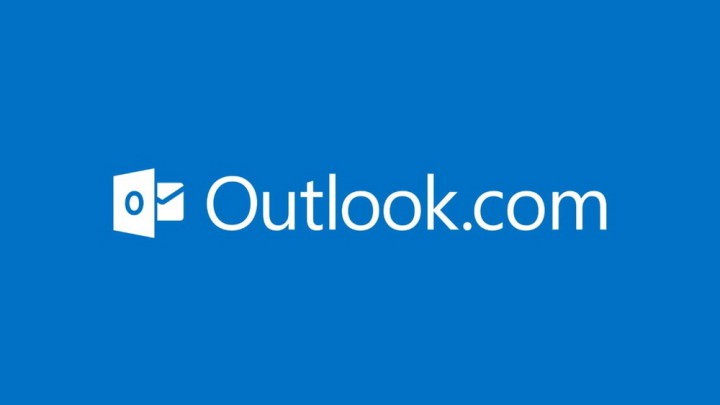
With the rapid development of the internet in the early 2000’s, emails changed forever. In the early days, the only way to read and send email was to use a dedicated email client but as the Internet became more widespread , users moved from dedicated email clients to webmail.
Despite the number of users moving to webmail services, many users still prefer using a dedicated email client on their PC. If you can’t choose between a dedicated email client and webmail, we’re going to compare the two and help you determine the best solution for you.
Webmail or desktop email client – which one to choose?
Email clients were a key component of every operating system since the creation of email services. Outlook Express was a default email application on older versions of Windows, therefore gaining extreme popularity with Windows users. Although Microsoft removed Outlook Express from Windows, many alternatives appeared soon after.
Today, there are many Outlook Express alternatives but most of them don’t have the same simple user interface that many users are used to. The simplistic design of Outlook Express is what made it so unique and appealing to users — many webmail services and email clients lack that.
Webmail services use ads
Besides bringing more complex design, webmail brought certain limitations as well. Although almost every webmail service is available for free, most of these services display ads. There’s usually an option to switch to a premium version of the service in order to remove ads, but many users don’t like the idea of paying a monthly fee for an ad-free experience. If you’re not too keen on ads, desktop email clients might be just what you need. In fact, finding an ad-free email client for Windows isn’t that hard — you just have to find one that that suits your needs.
Webmail services rely heavily on JavaScript
Most webmail email clients rely heavily on JavaScript, and if you don’t have JavaScript enabled in your browser for some reason, you’ll have to enable it in order to check your email. On the other hand, desktop email clients don’t require JavaScript at all so you won’t have to go through the tedious process of enabling JavaScript every time if you want to read or send an email.
[irp posts=”26354″ name=”Best Windows 10 Email Clients and Apps to Use”]
Webmail services usually don’t support custom domains for free
Webmail lacks support for custom domains. If you own your own company and use a custom domain, you won’t be able to use that domain with most webmail services unless you choose to upgrade to premium. Some webmail services such as Outlook don’t have support for custom domains at all, so you might want to think twice before choosing webmail over a desktop email client.
You can’t manage multiple email accounts from webmail
Desktop email clients are also a better choice if you use two or more email address. If you use both Gmail and Outlook, for example, you’ll have to log in to each of the two services in order to check your email. This isn’t a problem for most regular users but if you rely heavily on email for communication, checking two or more webmail services several times a day and responding to emails might become a tedious process.
Using a desktop email client, you can easily manage two or even more email accounts right from a single application. Accounts don’t even have to be on the same domain: you can basically have an unlimited number of email accounts across multiple domains and check them all with a single click of a button right from your desktop email client.
You can’t access webmail without internet connection
Another benefit of desktop email clients is the ability to access your email offline. When you use a desktop email client, all your emails are downloaded to your computer where you can read them, prepare replies and check attachments even if you’re not online. This is extremely useful if you’re traveling or don’t have a constant internet connection.
Webmail comes with limited storage space
Many webmail services come with limited storage space. If you regularly send and receive attachments, you might run out of webmail storage sooner than you think. After you run out of space, you won’t be able to receive new emails until you delete some older messages or until you purchase a premium option that gives you more space.
The only limitation of doing this is your hard drive size. But on the flip side, with enough room you’ll never have to delete any email messages or attachments or worry about the remaining space for your emails. Some desktop email clients, such as OE Classic, use public domain SQLite/MBX database to store your emails, which means that you can easily export your emails and save them on a different computer for backup.
Desktop email clients require initial setup
Desktop email clients are great, offering more freedom to the user with less restrictions. They might require a little more setup, though, before you start receiving your emails. With webmail services, you only have to navigate to a specific website and all your emails will be there. Although desktop clients don’t require you to visit any website or to start your browser in order to check your email, they do require some initial configuration.
Before you can start reading your emails, you have to create your account, a process usually consisting of adding your email address and your password along with the address of the mail server. This process might seem a bit daunting to some users, which is why they choose webmail services instead. With webmail services, there’s no need to enter a web server’s address: everything you need is automatically configured with only an email and password needed to be created.
Webmail services are synced across all of your devices
An additional advantage of webmail is its availability on all your devices. If you own a Windows 10 PC, laptop and an Android smartphone, you can access your email messages on any of these devices. And since it’s all stored in the cloud, they will be perfectly synced across all of your devices, regardless of the platform that you’re using. Even if your hard drive suddenly stops working, with webmail all your emails will remain safely stored in the cloud.
Webmail services don’t require third-party applications
Webmail services can also be useful if you aren’t allowed to install any third-party applications on the computer that you’re currently using. For example, if your company’s policy forbids installing third-party applications, webmail might be a better solution for you in this case.
What is the better option: webmail or email client? It all depends on your needs. If you can’t install third-party applications and you want your emails synced across all devices, then webmail is a better choice for you. In addition, webmail offers more simplicity and that’s something many users prefer.
- Also read: “Fix: Cannot Send Emails in Outlook“
On the other hand, standard email clients offer more advanced features such as quick access to multiple email accounts simultaneously, unlimited storage on your computer, a simple way to back up your important emails and the ability to manage and read your emails even without an internet connection.
Some email clients like OE Classic feature a simple design resembling Outlook Express, something many users are looking for. Many email clients work exceptionally well with webmail services, so if you can’t decide between a webmail and desktop email client, you can easily combine the two and have the best of both worlds.
- READ MORE: Top 10 Windows 10 USB-C laptops to buy
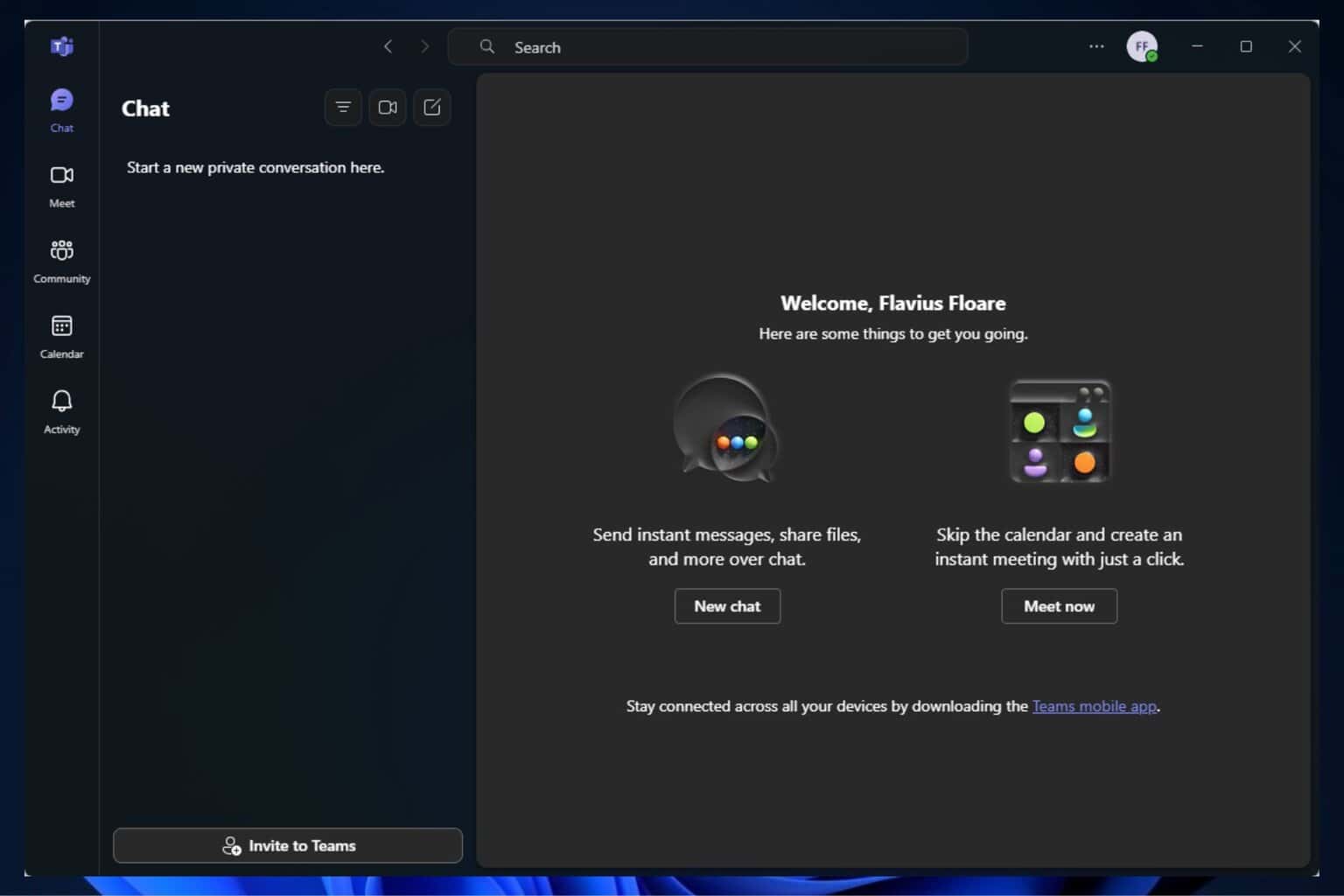

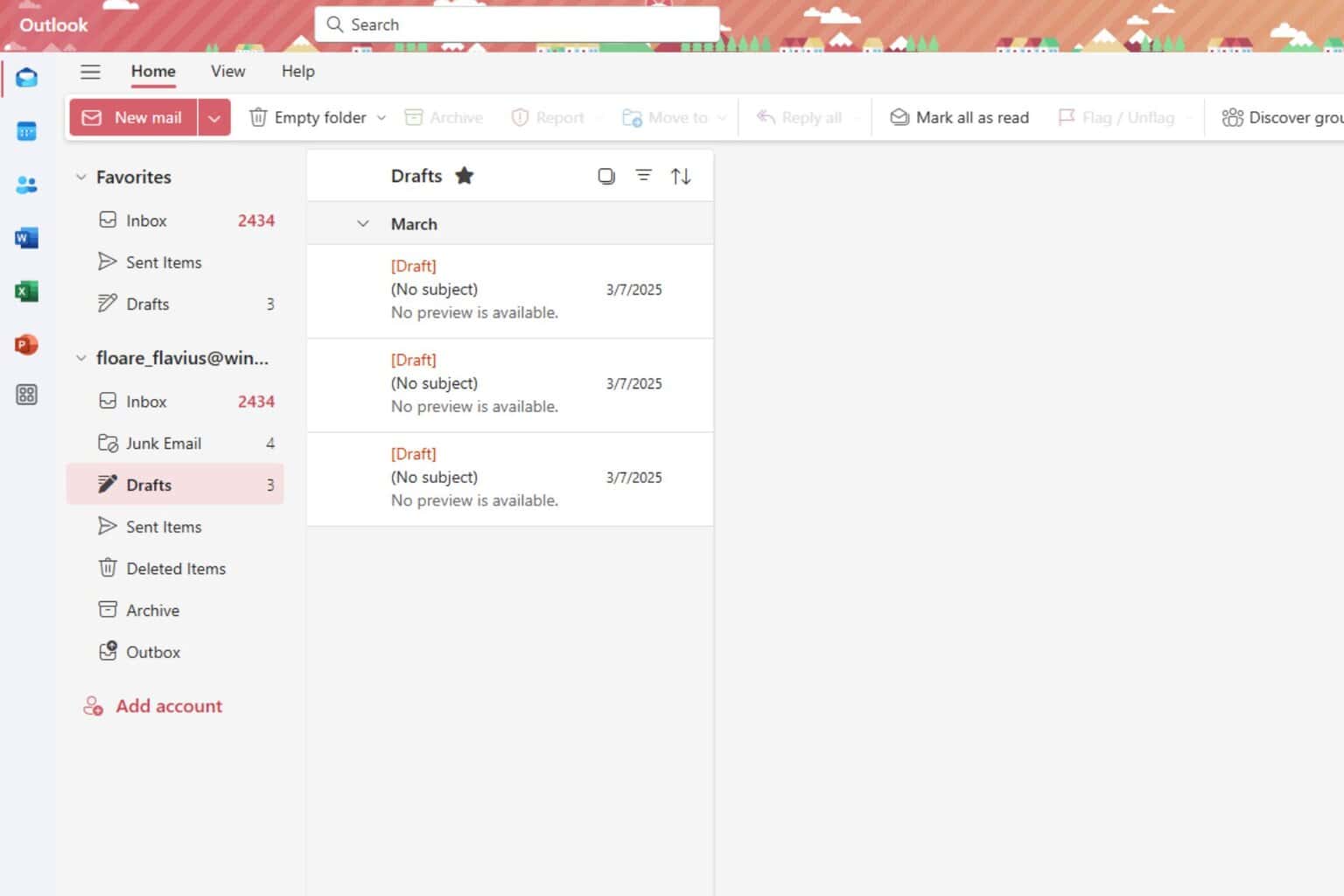
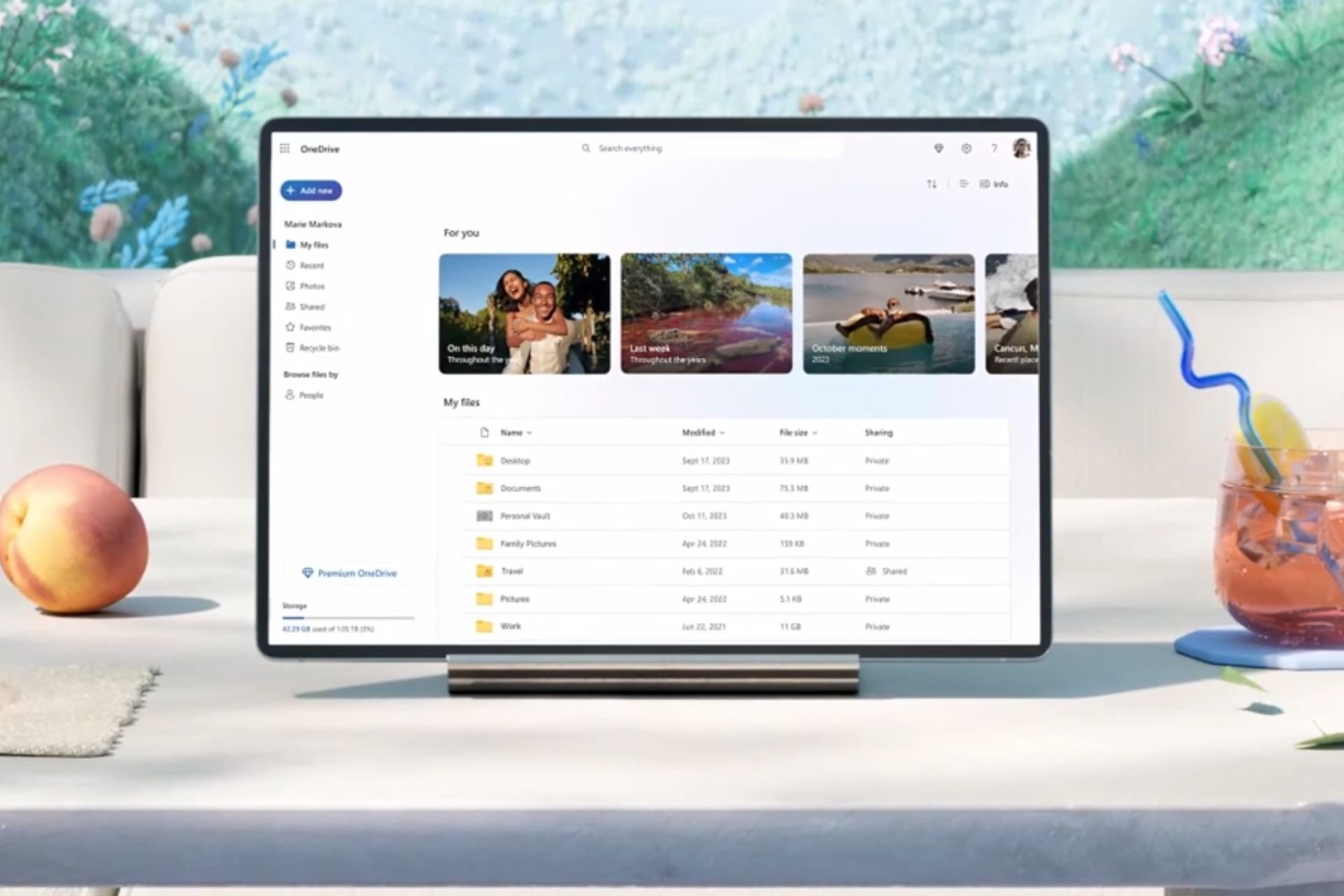

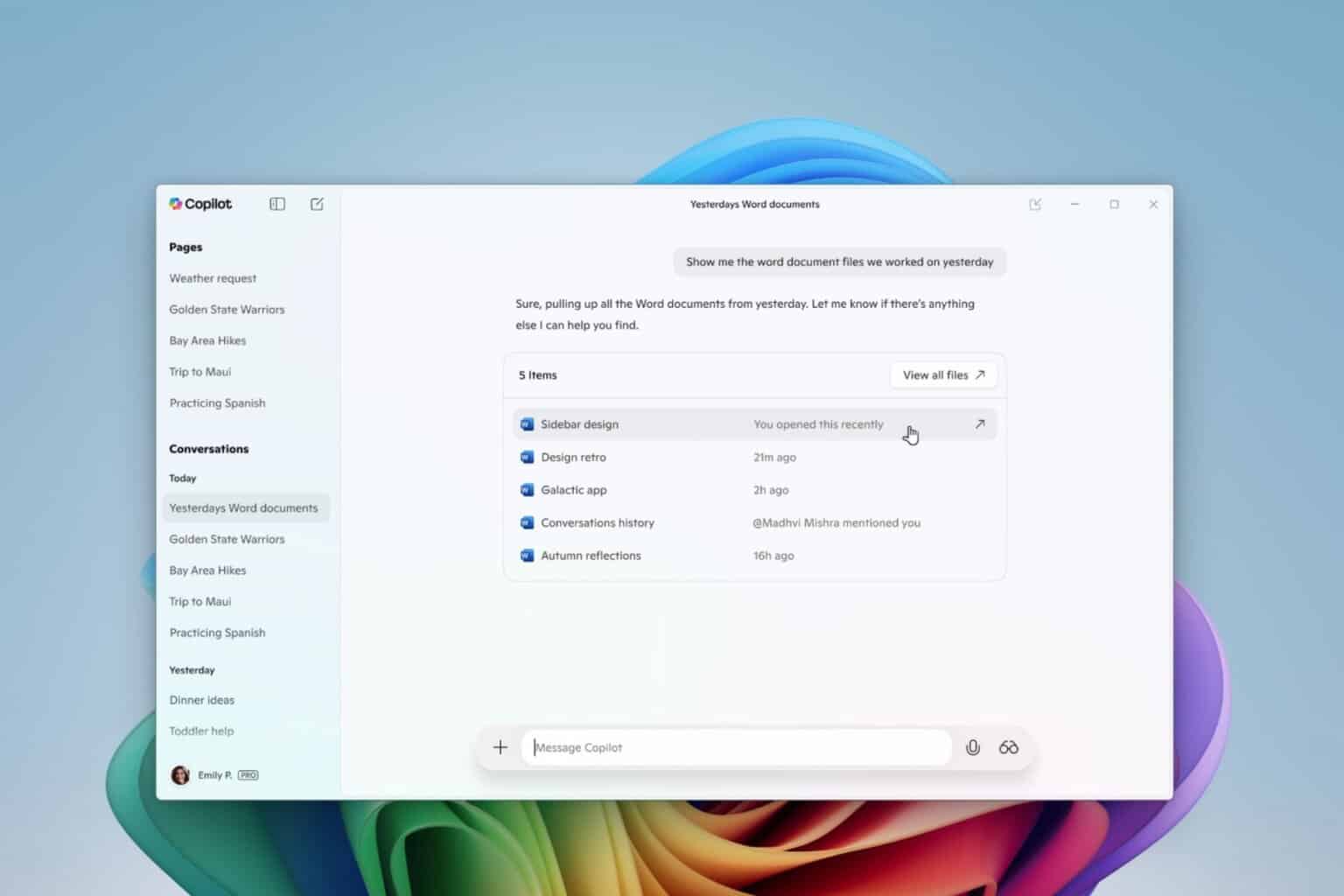

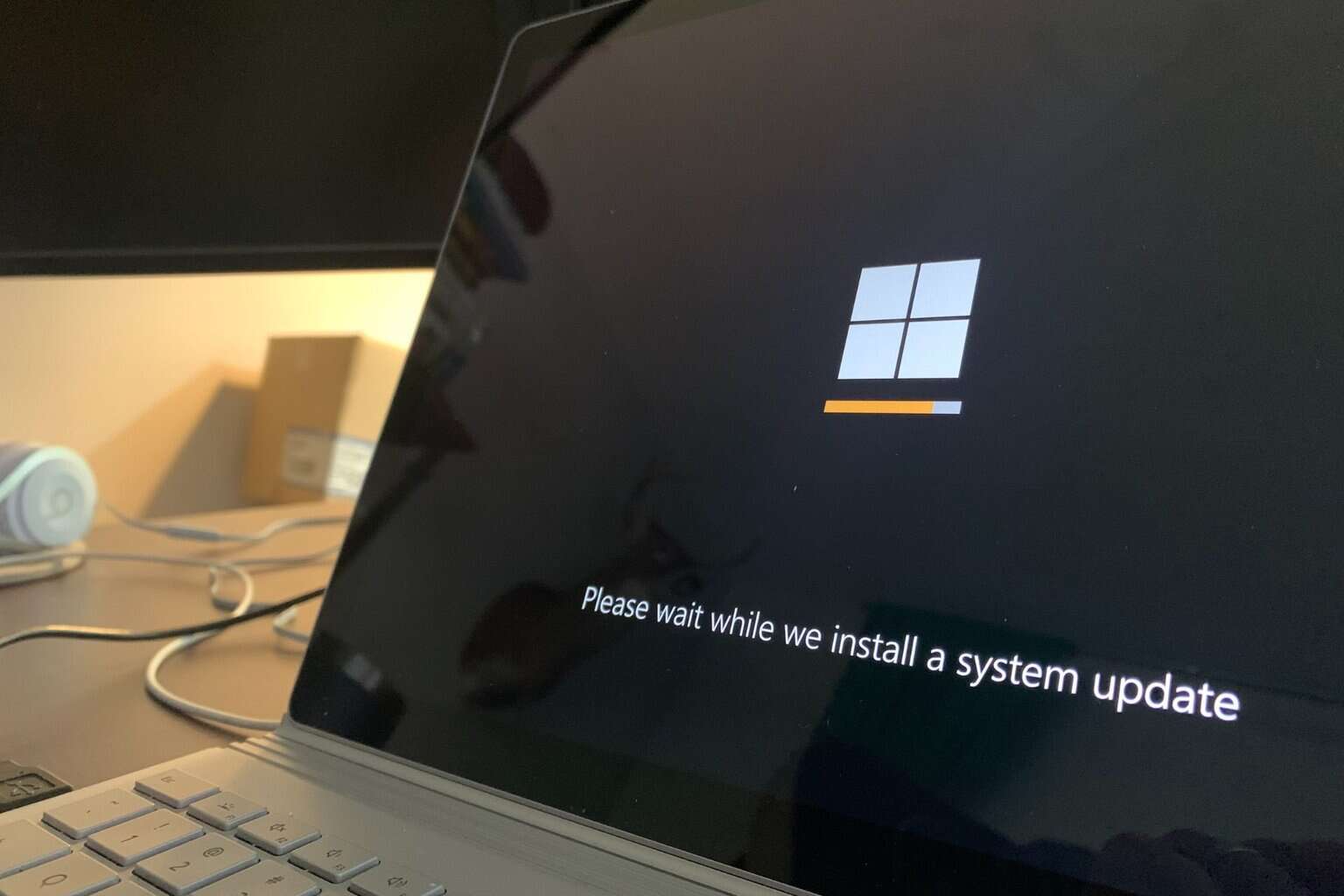

User forum
2 messages